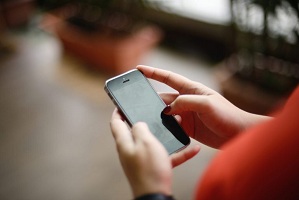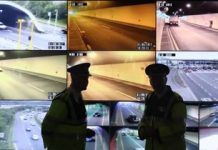A new study from the UK’s University of Plymouth has showcased an experimental biometrics system capable of performing gait recognition via a smartphone. The solution utilizes smartphones’ motion sensors to capture users’ stride patterns data, with early results showing the biometric system to be between 85 and 90 percent accurate in recognizing an individual’s gait, tested on a total of 44 participants.
Commenting on the research results, Nathan Clarke, professor of Cyber Security and Digital Forensics at the University of Plymouth and co-author of the paper, said that since smartphones are increasingly becoming targets of cybercrime, it is critical to secure them.
“Gait authentication has gained attention as a means of non-intrusive or transparent authentication on mobile devices, capturing the information required to verify the authenticity of the user whilst the person is walking,” Clarke explains.
According to the researcher, while prior research in this field had shown promise with good levels of recognition performance, the results were constrained by the gait datasets utilized being based upon highly controlled laboratory-based experiments.
To circumvent these issues, the University of Plymouth team built upon research from the University’s Centre for Cyber Security, Communications and Network Research, and applied the technology to real-life scenarios for the first time.
“This paper introduces an advanced real-world smartphone-based gait recognition system that recognizes the subject within real-world unconstrained environments,” Clarke adds.
No conditions, controls, or expectations of particular activities were reportedly placed upon the participants, who carried a commercially-available smartphone device for seven to ten days, generating an average of 4,000 sample activities during the course of the test.
“The results illustrate, within an appropriate framework, that gait recognition is a viable technique for real-world use,” Clarke concludes.
The technology is taking substantial steps forward in the industry this year, with Stepscan announcing a new pressure-based gait biometric access control system in August, and Prove announcing the availability of its smartphone-based motion and gait recognition technology worldwide in September.








